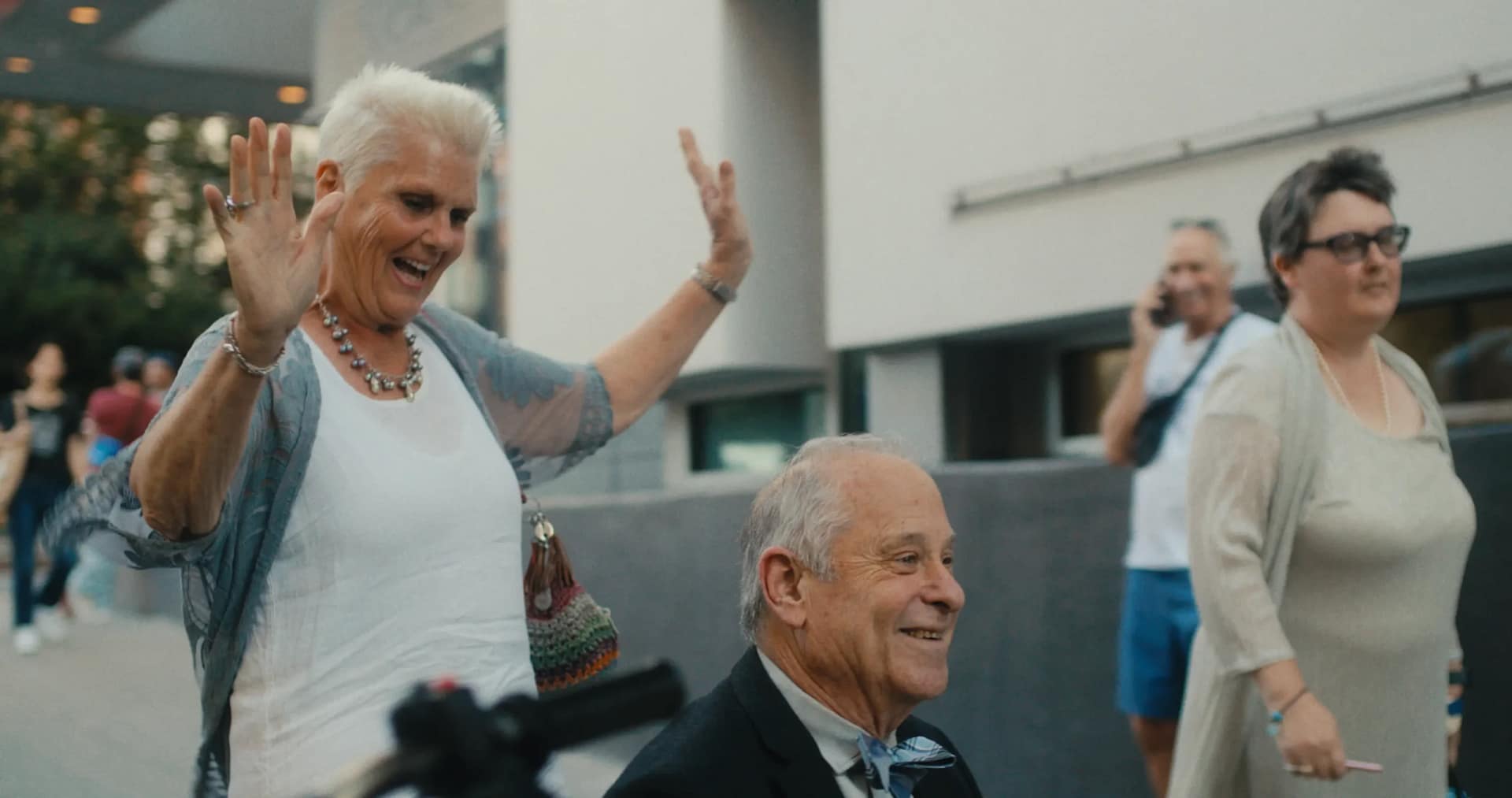
Lynda Bluestein, a Compassion & Choices volunteer and end-of-life options advocate, tells us in Other Side, a documentary about her final days, “I don’t want to live this way because it’s not really living, it’s suffering every day.”
After 10 years of trying to get a medical aid-in-dying law in Connecticut, Lynda and Compassion & Choices sued the state of Vermont, which at that time restricted its access to medical aid in dying to residents only.
The federal lawsuit, Bluestein v. Scott, challenged the constitutionality of the residency requirement in Vermont’s medical aid-in-dying law in August of 2022. Dr. Diana Barnard, a hospice and palliative care physician and associate professor of family medicine at the University of Vermont, was also a plaintiff in the suit. She was restricted from providing her qualifying out-of-state patients with the end-of-life care option.
Vermont settled the lawsuit and the legislature subsequently removed the residency requirement from the law altogether. Now all qualified terminally ill adults are able to access medical aid in dying in Vermont regardless of their residency status. Lynda’s dual legislative and legal advocacy are proof that self-determination and engaging with others through Compassion & Choices can make end-of-life medicine and healthcare better for all.
Filmmakers Carter Oakley and Heather Hogan were drawn to Lynda’s story because they both had personal experiences with death. These experiences inspired them to create art that could change how people view death and dying.
Oakley and Hogan directed Other Side, a documentary that features Lynda, her husband, Paul Bluestein, and their children, Jake and Amy. The documentary received a standing ovation at the South by Southwest (SXSW) film festival in Austin, Texas, in March 2025.
My gratitude and my pride is much greater than my sadness ... It was almost just like sitting in there and being in awe and getting that last lesson
– Jake, Lynda’s son
In 2020, Hogan trained as a death doula — a professional guide and source of support for dying people, their caregivers and loved ones. She wanted to spark people’s curiosity, she said, “because curiosity acts as both a shield and a sword. You can get close to uncomfortable things.”
“We live in a death-denying culture,” Hogan told The Austin Chronicle, “and I’m not sure what we get out of denying it, because we lose the access to live our lives fully when we deny the fact that it ends.”
For Jake, Lynda’s son, having a film crew with his mother constantly during her final months, and even her final moments, was an opportunity to spend precious time with her. “My gratitude and my pride is much greater than my sadness,” he said. “It was almost just like sitting in there and being in awe and getting that last lesson.”
Lynda’s story reinforces the need for adults to have an advance directive. Advance directives are legal documents that provide instructions for medical care and only go into effect if you cannot communicate your own wishes. The two most common advance directives for healthcare are the living will and the durable power of attorney. Lynda’s advance directive was instrumental in her ability to get the treatment she wanted at the end of life.
Lynda died peacefully in Vermont on January 4, 2024, surrounded by her loved ones. Her last words were “I’m so happy I don’t have to do this (suffer) anymore.“For more information about screenings of Other Side around the country, visit our website.
A powerful way to make your healthcare wishes known is by recording a short video on your phone. It’s personal, direct and hard to misinterpret. It doesn’t have to be perfect; just be yourself.
Here’s how to do it:
Not tech-savvy? Ask a trusted friend or loved one to help record, save and distribute it.
Mail contributions directly to:
Compassion & Choices Gift Processing Center
PO Box 485
Etna, NH 03750
Compassion & Choices is a 501 C3 organization. Federal tax number: 84-1328829